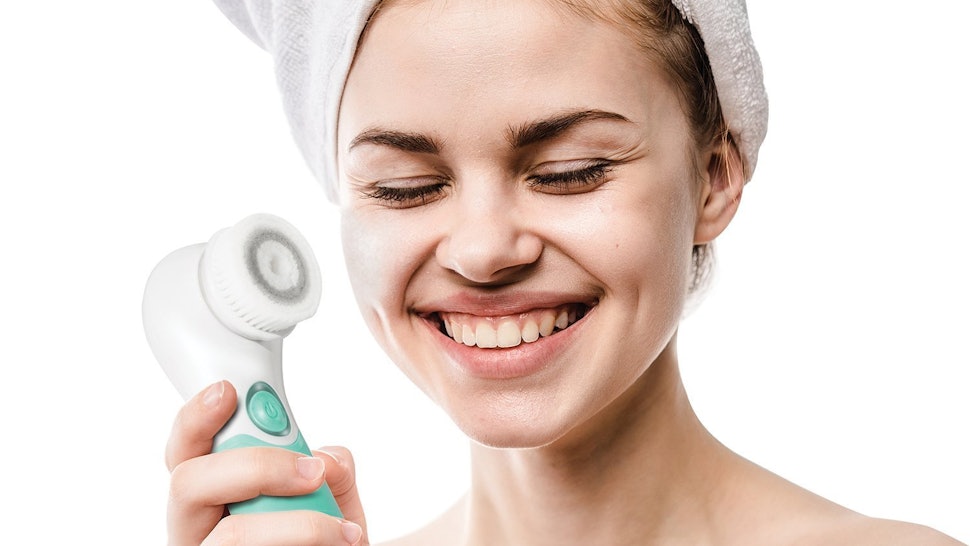The term cleanser refers to a product that cleans or removes dirt or other substances. A cleanser could be a detergent, and there are many types of cleansers that are produced once a specific wish or focus. For instance a degreaser or carburetor cleanser used in automotive mechanics for cleaning definite engine and car parts.
Other varieties intensify the ones used in cosmetology and dermatology or skin care. In this case, a cleanser is a facial care product that is used to surgically remove make-up, dead skin cells, oil, dirt, and supplementary types of pollutants from the skin of the face. This helps to unclog pores and prevent skin conditions such as acne. A cleanser is the first step in a skin care regimen and can be used in addition of a toner and moisturizer, subsequently cleansing.
Using a cleanser designated for the facial skin to sever dirt is considered to be a improved interchange to bar soap or another form of skin cleanser not specifically formulated for the perspective for the in the same way as reasons:
Bar soap has an alkaline pH (in the area of 9 to 10), and the skin's surface pH is on average 4.7. This means that soap can correct the balance present in the skin to favor the overgrowth of some types of bacteria, increasing acne. In order to preserve a healthy pH bill and skin health, your skin must sit upon the proper pH level.
Bar cleansers have thickeners that allow them to give a positive response a bar shape. These thickeners can clog pores, leading to acne.
Using bar soap upon the turn can separate natural oils from the skin that form a barrier against water loss. This causes the sebaceous glands to gone overproduce oil, a condition known as reactive seborrhoea, which will guide to clogged pores. In order to prevent drying out the skin, many cleansers incorporate moisturizers.
Burt's Bees Sensitive Facial Cleanser
Ultra Gentle Daily Face Cleanser Neutrogena®
Micellar Water Facial Cleanser & Makeup Remover Neutrogena®



